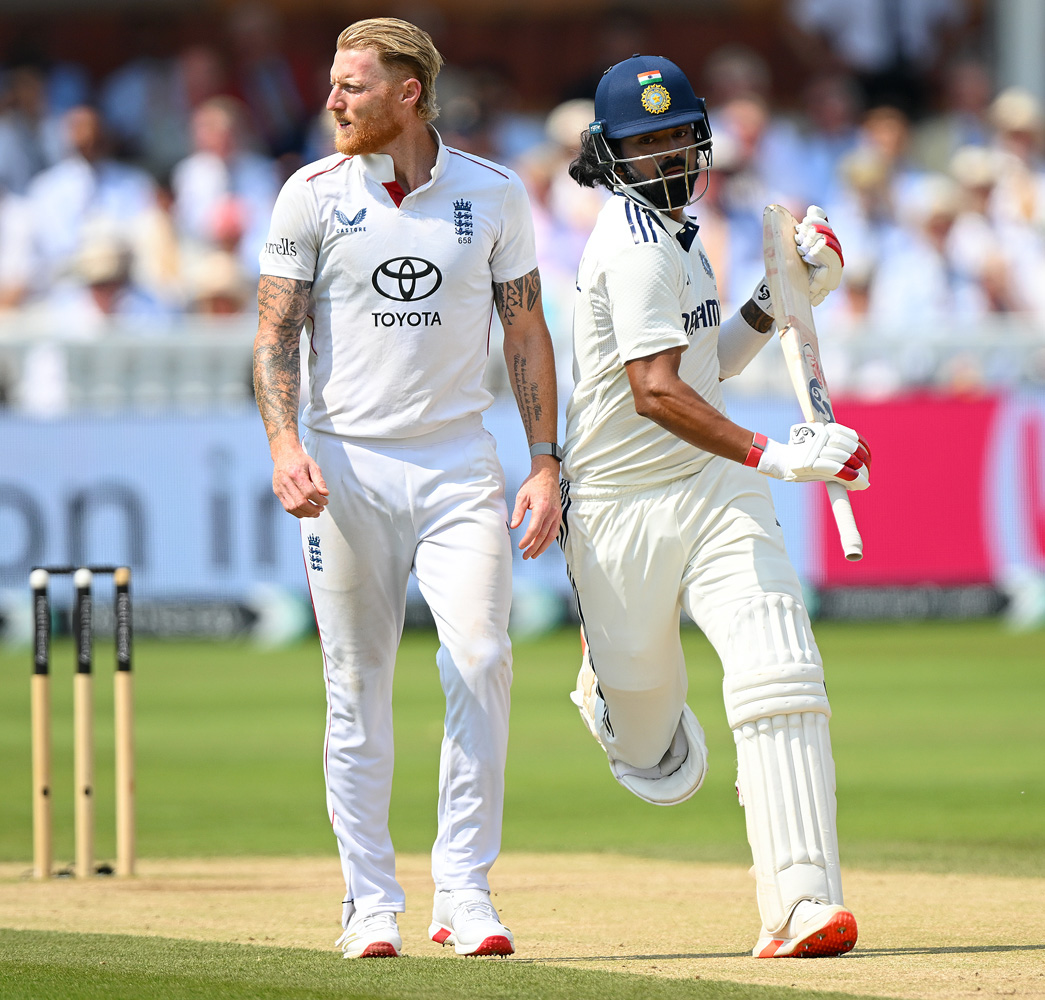Elite athletes push their bodies to extremes, but sometimes the biggest risk is going too far.
Overtraining not only impacts performance - it can compromise mental health. Ben Stokes' openness about burnout is a vital reminder of this.
"You can’t hide it," said the England captain and 4CAST founder.
"People think that you’re not human, that you’re not allowed to show your feelings.
"But I’ve seen people go into really dark places because they’ve kept it quiet."
WHAT THE EXPERTS SAY
Dr. Michael Joyner, exercise physiologist at the Mayo Clinic, explains:
"Overtraining syndrome is a recognised condition. Symptoms include persistent fatigue, poor sleep, loss of motivation, and low mood.
"Ignoring these warning signs can derail not just careers, but overall health."
HOW YOU CAN APPLY THIS
1. Listen to signals:
Constant soreness, poor sleep, or irritability are red flags.
2. Rest is training:
Recovery is when the body adapts.
3. Check your head:
Mental fatigue is as real as physical fatigue.
THE BOTTOM LINE
As Ben points out, recovery should not be seen as weakness but as a strength.
For everyday athletes, it’s a reminder: knowing when to pause can keep you from burning out altogether.















.png)







